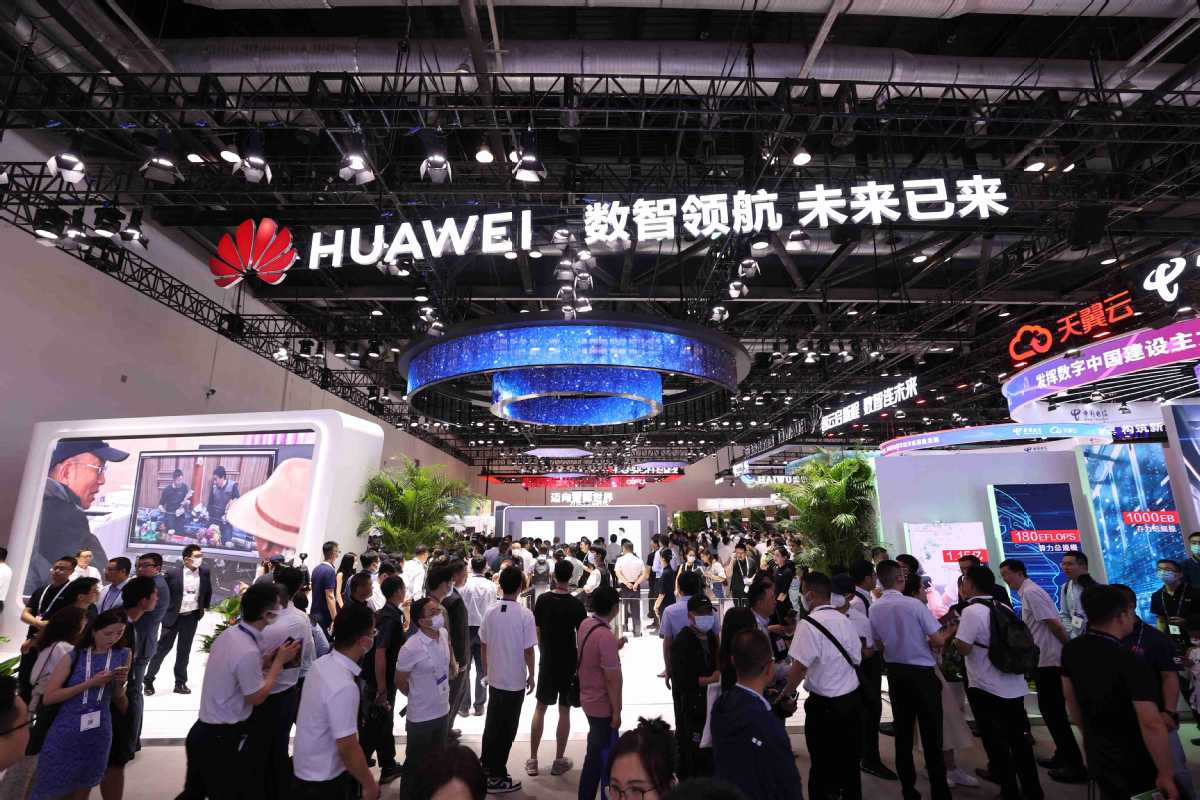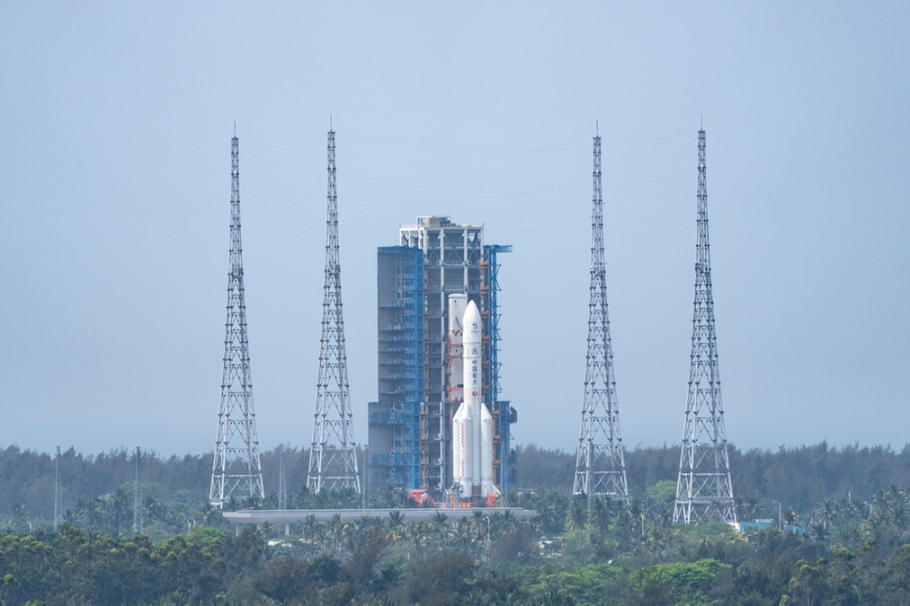Huawei shows self-reliance amid US curbs
By MA SI | China Daily | Updated: 2023-06-20 09:26

Tao Jingwen, a board member of tech heavyweight Huawei Technologies Co, clearly remembers what it was like when the company faced restrictions in accessing United States-based Oracle's enterprise resource planning system because of Washington's policies over three years ago.
Huawei had no choice but to develop a completely self-controlled MetaERP system to replace the old one. This was the most extensive and complex transformation project that Huawei ever undertook, according to the company.
Over the past three years, Huawei invested significant resources and assigned several thousand employees to the project, and worked with industry and ecosystem partners to overcome related challenges.
"Since then, we have not only been able to build our own Meta-ERP, but also manage the switch and prove its capabilities," said Tao, who is also president of Huawei's quality, business process and IT management department. "Today, we are proud to announce that we have broken through the blockade. We have survived," Tao said in April.
ERP is the key software that underpins a company's business operations, ranging from accounting to supply chain management. It is widely seen as the most critical enterprise management IT system.
Huawei is just one example of how Chinese companies are working hard to maintain resilience and hone their research and development prowess amid Washington's prolonged and increasingly tight restrictions.
Ren Zhengfei, founder of Huawei, said the company replaced more than 13,000 components affected by the US government restrictions, with parts developed either by itself or other Chinese companies in the past three years.
More than 4,000 circuit boards have also been replaced, and these circuit boards could be stabilized now because it finally had qualified domestic components, Ren said in a February meeting with students and experts who helped the company solve difficult technical problems.
More importantly, Huawei has also developed electronic design automation, or EDA, tools for chips above 14 nanometers by partnering with domestic companies, marking a crucial breakthrough for China's semiconductor industry amid the restrictions.
Dubbed the "cradle" of integrated circuits, EDA is a software widely used in the sector and is of great importance to the entire process of designing chips.
Xu Zhijun, rotating chairman of Huawei, said the company has completed the localization of EDA tools for chips above 14 nanometers by teaming up with domestic partners and will complete comprehensive verification this year.
China has long relied on US companies such as Cadence and Synopsys for EDA tools.
The EDA tools for 14 nm chips are considered midrange products but still mark a breakthrough, experts said.
Xiang Ligang, director-general of the Information Consumption Alliance, a telecom industry association, said the US government's export controls on advanced chip technologies to China are motivating Chinese companies to double down on the allocation of resources to achieve breakthroughs.
Last year, sales revenue in the Chinese chip design sector reached 534.57 billion yuan ($74.7 billion), up 16.5 percent year-on-year, showcasing sectoral resilience amid the restrictions, according to preliminary data from the China Semiconductor Industry Association.
Earlier this month, Huawei also unveiled the latest version of its self-developed cloud database GaussDB, representing an organized collection of information that can be searched, sorted and updated. This is of growing importance to the efficient management and use of data, which has now become a crucial production element and can create enhanced value.
"If we compare the entire software industry system to a towering tree, the database is at the core foundation of the tree. It gives birth to and supports almost all software ecosystems, thereby enabling the smooth operation of all the core business systems across various industries in digital China," said Zhang Ping'an, CEO of Huawei Cloud, at the company's global finance conference.
Therefore, the database is known as the root technology of the software industry, and its high-quality development is of utmost importance for its growth and strength, Zhang said.
Several major lenders, such as Postal Savings Bank of China and China Merchants Bank, have successfully adopted GaussDB for their core systems.
"Many Asian banks are already testing and using GaussDB, and customers in South America are also showing interest," Zhang added.
Meng Wanzhou, rotating chairwoman and chief financial officer of Huawei, said: "Leaps in technology take a spirit of craftsmanship and years of experience. More importantly, it takes an open mind to drive leaps in the way we think. Innovation is only possible with an open mind, and thriving is only possible when we work together."
























